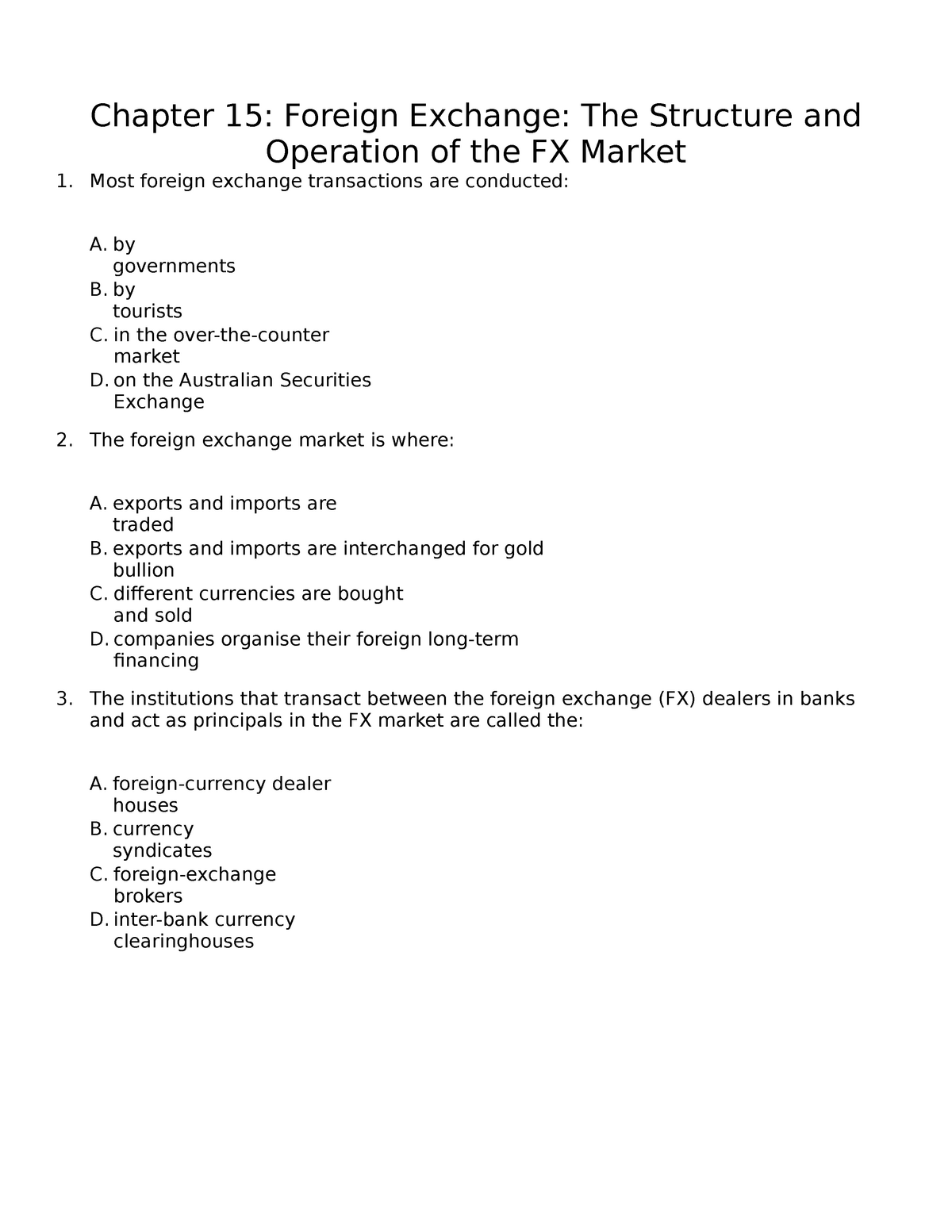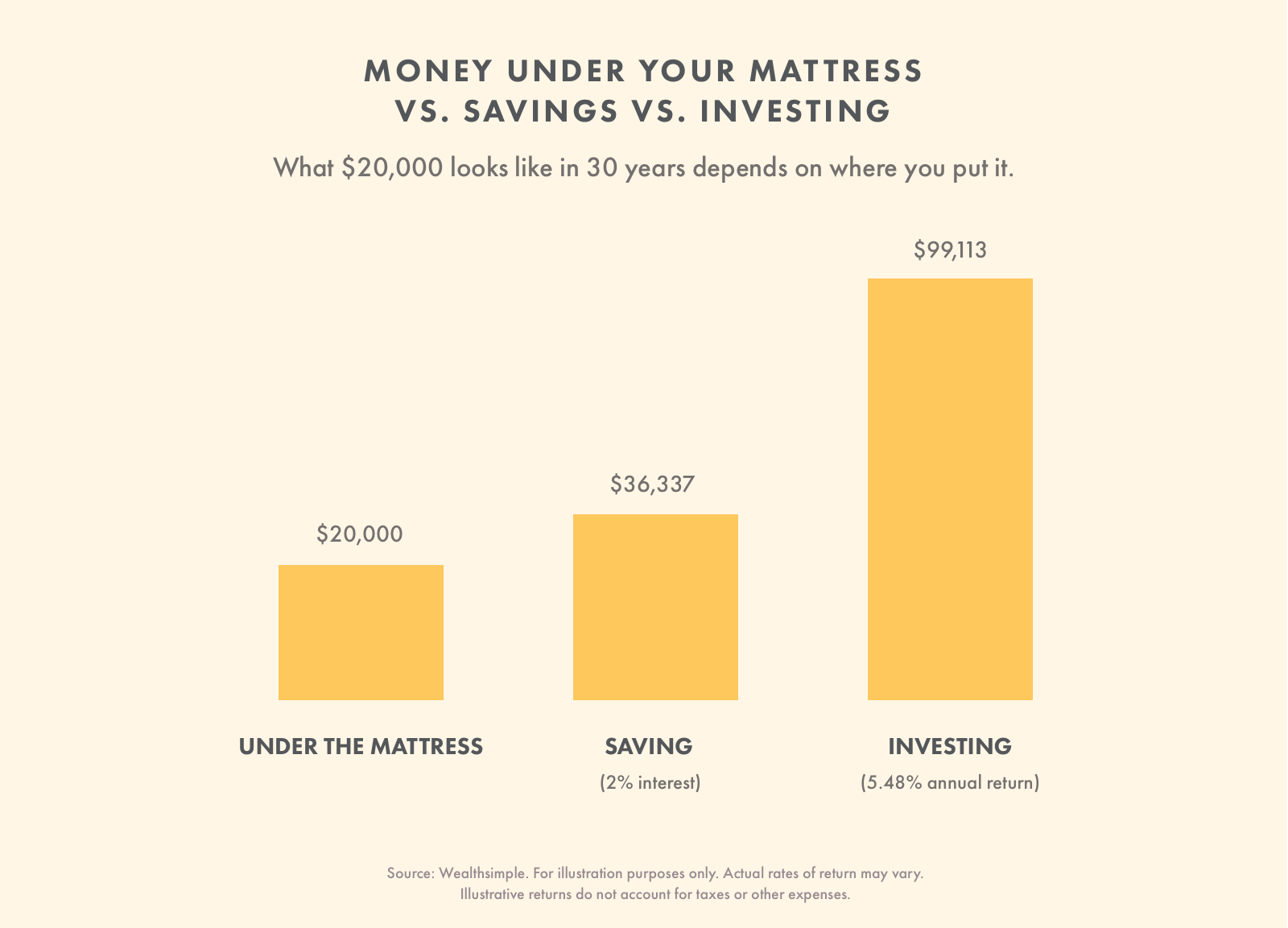
It is common for futures traders to roll over a futures agreement shortly before the expiration. This is done to avoid the need for the trader to pay costs associated with holding the position, such as delivery and storage. You should be aware of a few things when rolling over futures.
First, the cost of holding the position is equal to the difference between interest paid and earned. The forces supply and demand determine the implied financing costs of futures rolls. The implied financing cost of futures rolls is typically lower than it is when it's high. ETFs are also more attractive economically when their implied financing costs are lower than when they are higher.

Second, futures investors pay an implied financing fee, equal to the 3-month USDICE LIBOR. This rate is based on the notional value of the trade, and it is determined by arbitrage opportunities in the market. Each quarter sees a change in the implied financing costs for futures rolls. In most cases however, the implied financing costs are below 3mL + 2.9bps. This is the average three-week average implied funding rate over the three prior months.
An investor in futures can choose to either buy the ETF, b or buy futures of the Emini S&P 500, or c), buy futures of the Emini S&P500 and then rollover the contract to next month. By observing the volume of expiring contracts, the trader can decide when to switch to next month.
The E-mini S&P 500 futures had an average quarterly implied financing rate of 0.73 percent in 2015. This was lower than the ETF's average quarterly implied financing rate of 0.84 percent. This is because a fully paid investor must pay the implied finance rate on the trade's notional price. It is the difference of the 3-month USDICE LIBOR with the position's actual value. The fully-funded investor must have cash equal to the notional value of the position, and unused cash in an interest bearing deposit. ETFs also have transaction costs that are usually higher than prime broker funding spreads. This makes futures more economically attractive, regardless of roll richness.

Finally, the futures investor has two options when renewing a futures contract. A) Rollover the current contract, which depends on its volume. B) Rollover the contract to a different month, which depends on the volume. When renewing futures contracts, traders must consider cost and volume. Although futures have low costs, volume of contracts is more common. The trader still has to pay storage and delivery expenses. A futures investor must also bear basis risk which can affect the effectiveness of the hedge.
FAQ
Are bonds tradeable?
Yes, they are. They can be traded on the same exchanges as shares. They have been doing so for many decades.
They are different in that you can't buy bonds directly from the issuer. They must be purchased through a broker.
This makes it easier to purchase bonds as there are fewer intermediaries. This means that you will have to find someone who is willing to buy your bond.
There are different types of bonds available. Different bonds pay different interest rates.
Some pay interest every quarter, while some pay it annually. These differences allow bonds to be easily compared.
Bonds can be very helpful when you are looking to invest your money. If you put PS10,000 into a savings account, you'd earn 0.75% per year. You would earn 12.5% per annum if you put the same amount into a 10-year government bond.
If all of these investments were put into a portfolio, the total return would be greater if the bond investment was used.
What is a Stock Exchange, and how does it work?
A stock exchange allows companies to sell shares of the company. This allows investors the opportunity to invest in the company. The market determines the price of a share. It is typically determined by the willingness of people to pay for the shares.
Companies can also get money from investors via the stock exchange. Investors invest in companies to support their growth. This is done by purchasing shares in the company. Companies use their money for expansion and funding of their projects.
Stock exchanges can offer many types of shares. Some are called ordinary shares. These are most common types of shares. These are the most common type of shares. They can be purchased and sold on an open market. The prices of shares are determined by demand and supply.
Preferred shares and bonds are two types of shares. When dividends become due, preferred shares will be given preference over other shares. If a company issues bonds, they must repay them.
What is the difference in marketable and non-marketable securities
The key differences between the two are that non-marketable security have lower liquidity, lower trading volumes and higher transaction fees. Marketable securities on the other side are traded on exchanges so they have greater liquidity as well as trading volume. You also get better price discovery since they trade all the time. However, there are some exceptions to the rule. There are exceptions to this rule, such as mutual funds that are only available for institutional investors and do not trade on public exchanges.
Non-marketable securities can be more risky that marketable securities. They generally have lower yields, and require greater initial capital deposits. Marketable securities are usually safer and more manageable than non-marketable securities.
A large corporation bond has a greater chance of being paid back than a smaller bond. The reason is that the former will likely have a strong financial position, while the latter may not.
Because of the potential for higher portfolio returns, investors prefer to own marketable securities.
What's the role of the Securities and Exchange Commission (SEC)?
SEC regulates securities brokers, investment companies and securities exchanges. It enforces federal securities laws.
What are the benefits of investing in a mutual fund?
-
Low cost – buying shares directly from companies is costly. It's cheaper to purchase shares through a mutual trust.
-
Diversification – Most mutual funds are made up of a number of securities. The value of one security type will drop, while the value of others will rise.
-
Professional management - professional managers make sure that the fund invests only in those securities that are appropriate for its objectives.
-
Liquidity - mutual funds offer ready access to cash. You can withdraw your money at any time.
-
Tax efficiency- Mutual funds can be tax efficient. As a result, you don't have to worry about capital gains or losses until you sell your shares.
-
There are no transaction fees - there are no commissions for selling or buying shares.
-
Easy to use - mutual funds are easy to invest in. All you need is a bank account and some money.
-
Flexibility - you can change your holdings as often as possible without incurring additional fees.
-
Access to information - you can check out what is happening inside the fund and how well it performs.
-
Investment advice - ask questions and get the answers you need from the fund manager.
-
Security - You know exactly what type of security you have.
-
Control - you can control the way the fund makes its investment decisions.
-
Portfolio tracking - you can track the performance of your portfolio over time.
-
Easy withdrawal: You can easily withdraw funds.
What are the disadvantages of investing with mutual funds?
-
There is limited investment choice in mutual funds.
-
High expense ratio – Brokerage fees, administrative charges and operating costs are just a few of the expenses you will pay for owning a portion of a mutual trust fund. These expenses can impact your return.
-
Lack of liquidity - many mutual funds do not accept deposits. They must only be purchased in cash. This limits your investment options.
-
Poor customer service - There is no single point where customers can complain about mutual funds. Instead, you should deal with brokers and administrators, as well as the salespeople.
-
Risky - if the fund becomes insolvent, you could lose everything.
How do I choose an investment company that is good?
You should look for one that offers competitive fees, high-quality management, and a diversified portfolio. Commonly, fees are charged depending on the security that you hold in your account. Some companies charge nothing for holding cash while others charge an annual flat fee, regardless of the amount you deposit. Others may charge a percentage or your entire assets.
You also need to know their performance history. If a company has a poor track record, it may not be the right fit for your needs. You want to avoid companies with low net asset value (NAV) and those with very volatile NAVs.
You should also check their investment philosophy. Investment companies should be prepared to take on more risk in order to earn higher returns. They may not be able meet your expectations if they refuse to take risks.
Statistics
- "If all of your money's in one stock, you could potentially lose 50% of it overnight," Moore says. (nerdwallet.com)
- US resident who opens a new IBKR Pro individual or joint account receives a 0.25% rate reduction on margin loans. (nerdwallet.com)
- The S&P 500 has grown about 10.5% per year since its establishment in the 1920s. (investopedia.com)
- Individuals with very limited financial experience are either terrified by horror stories of average investors losing 50% of their portfolio value or are beguiled by "hot tips" that bear the promise of huge rewards but seldom pay off. (investopedia.com)
External Links
How To
How to Invest in Stock Market Online
The stock market is one way you can make money investing in stocks. There are many ways to do this, such as investing through mutual funds, exchange-traded funds (ETFs), hedge funds, etc. Your investment strategy will depend on your financial goals, risk tolerance, investment style, knowledge of the market, and overall market knowledge.
Understanding the market is key to success in the stock market. This involves understanding the various types of investments, their risks, and the potential rewards. Once you understand your goals for your portfolio, you can look into which investment type would be best.
There are three main types: fixed income, equity, or alternatives. Equity is ownership shares in companies. Fixed income means debt instruments like bonds and treasury bills. Alternatives include commodities like currencies, real-estate, private equity, venture capital, and commodities. Each category comes with its own pros, and you have to choose which one you like best.
You have two options once you decide what type of investment is right for you. The first strategy is "buy and hold," where you purchase some security but you don't have to sell it until you are either retired or dead. Diversification refers to buying multiple securities from different categories. By buying 10% of Apple, Microsoft, or General Motors you could diversify into different industries. Multiplying your investments will give you more exposure to many sectors of the economy. It helps protect against losses in one sector because you still own something else in another sector.
Risk management is another important factor in choosing an investment. Risk management can help you control volatility in your portfolio. If you are only willing to take on 1% risk, you can choose a low-risk investment fund. On the other hand, if you were willing to accept a 5% risk, you could choose a higher-risk fund.
Knowing how to manage your finances is the final step in becoming an investor. A plan is essential to managing your money. A good plan should include your short-term, medium and long-term goals. Retirement planning is also included. Sticking to your plan is key! Keep your eyes on the big picture and don't let the market fluctuations keep you from sticking to it. Stick to your plan and watch your wealth grow.